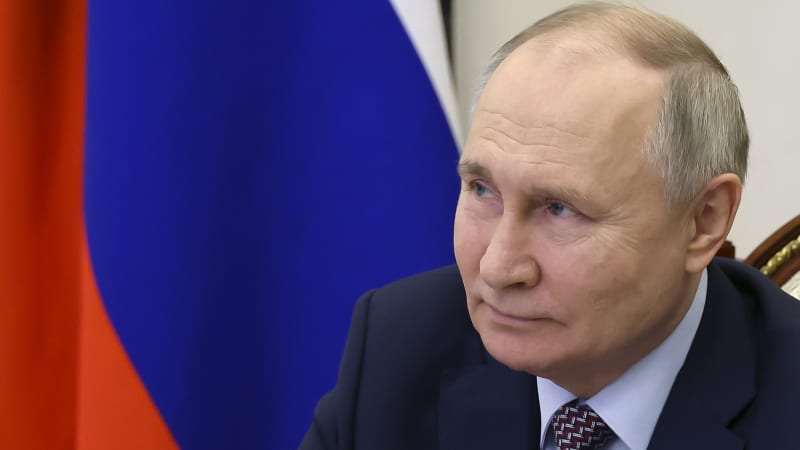Putin seizes control of Russia's biggest car dealership

President Vladimir Putin placed Russia’s biggest car dealership under temporary state management on Friday, in a step the Kremlin said was driven by commercial logic but which its founder said made the country look uninvestable.
Rolf, which is owned by a Cyprus-based firm and was founded by Russian businessman Sergei Petrov, was one of the first car dealerships to emerge after the collapse of the Soviet Union.
Its seizure, set out in a decree published on a government website, comes after Moscow has taken temporary control this year of several Western-owned assets in response to Russian assets being frozen or disrupted by sanctions in the West.
Danish brewer Carlsberg and French dairy giant Danone have been among those affected, but the seizure of Rolf, which has traditionally sold a wide range of foreign-branded cars, marks the first time a high-profile Russian business leader has been relieved of his property in this way.
Petrov, who lives in Austria, is accused by Russian authorities of illegally moving money abroad, which he denies.
“This is solely linked to economic expediency and compliance with the current legislation of the Russian Federation and taking into account the known international economic situation that is around us now,” Kremlin spokesman Dmitry Peskov said.
Rolf was a Russian company but one which had an ownership scheme including an offshore element which required state intervention, Peskov added.
Rolf said Alexei Gulyaev had been appointed as the firm’s new CEO, with Svetlana Vinogradova his first deputy.
The temporary management would have no impact on Rolf’s operations, it said. Rosimushchestvo, Russia’s federal property management agency, intends to develop Rolf and improve its financial performance, Rolf added.
‘Devastating’
Petrov called the move another blow to Russia’s investment landscape, questioning whether any investors from Asia, for example, would risk buying stakes in Russian assets.
“Temporary (management) means permanent,” Petrov told Reuters by telephone. “We knew all this already. Bankers have already told us – you will be put under external management.
“This is possibly in the interests of one of the structures now trying to buy up (assets),” Petrov said, suggesting the mechanism was being used as a cover to redistribute assets.
“People make agreements using political motives,” he added.
“This has a devastating effect on everyone. The state is, as a rule, inefficient, especially in such things as retail.”
Petrov was one of a handful of Russian businessmen to sign a letter in 2014 criticizing the damage to East-West relations after Russia annexed the Crimean peninsula from Ukraine.
Russian investigators launched an investigation into Rolf in 2019, accusing it of buying shares at inflated prices, a charge Petrov denied and said could be linked to his political views.
In September, a former senior manager at Rolf was sentenced to 8-1/2 years in prison for allegedly participating in a deal considered to constitute an illegal transfer of funds abroad.
An arrest warrant for Petrov was also issued.



